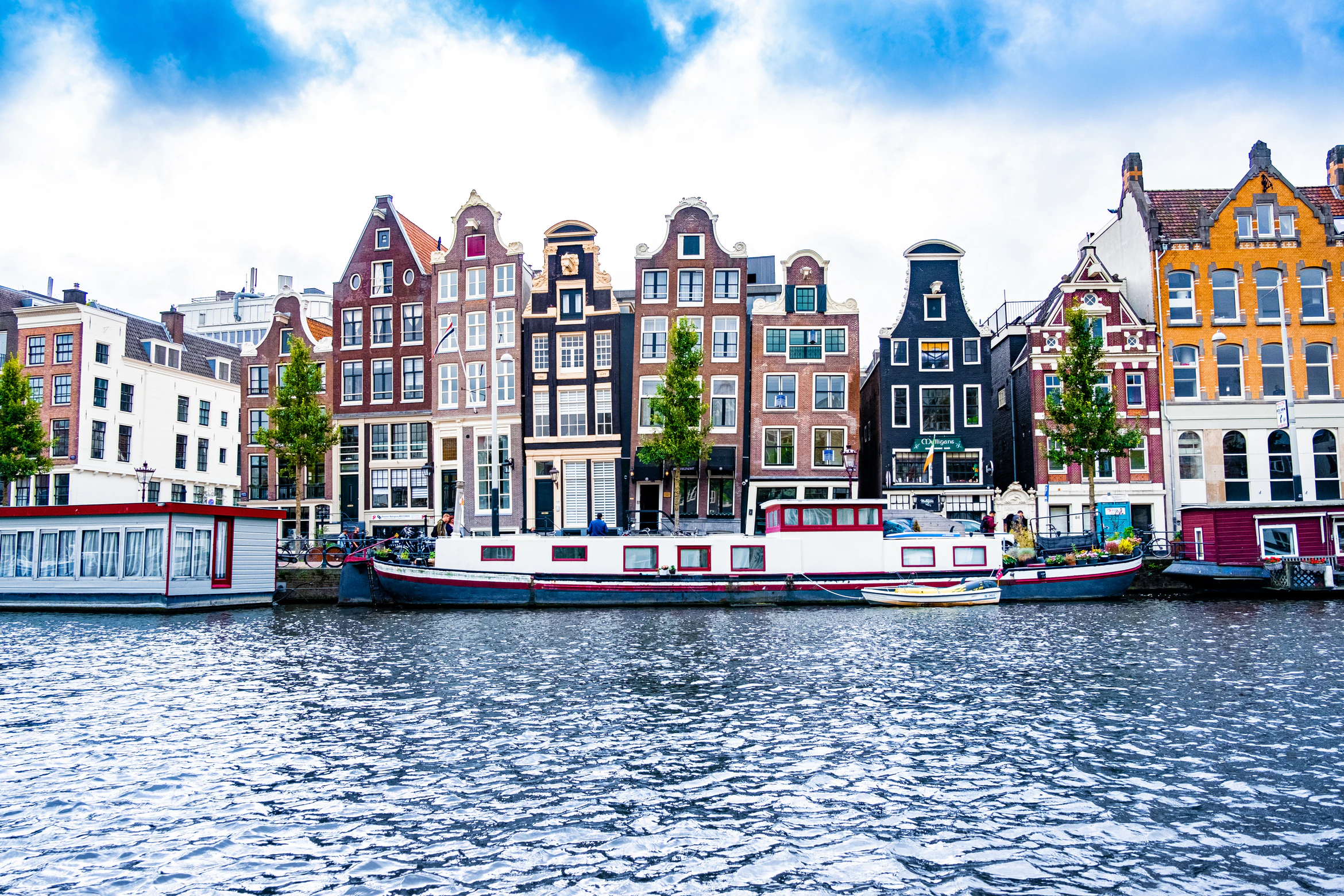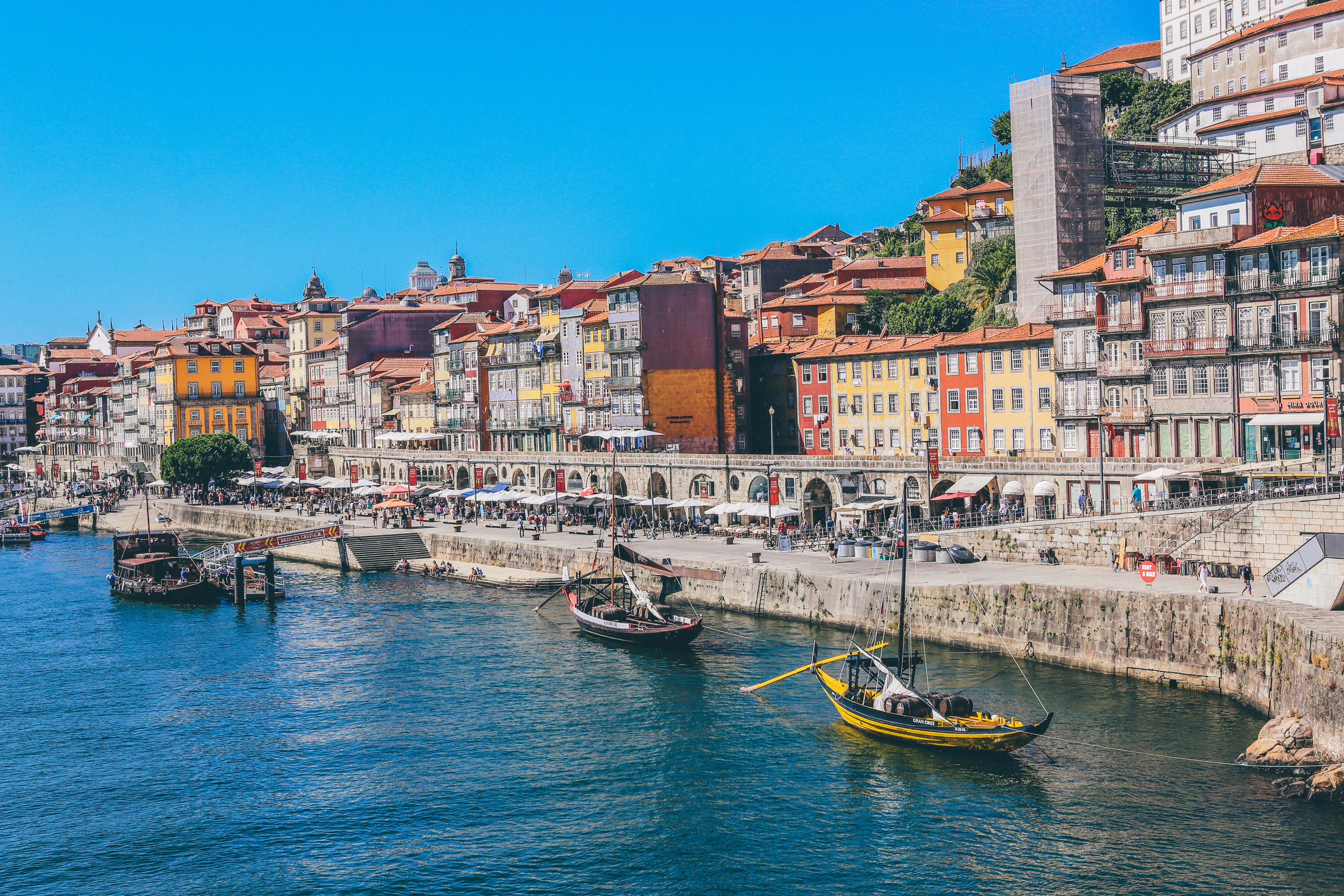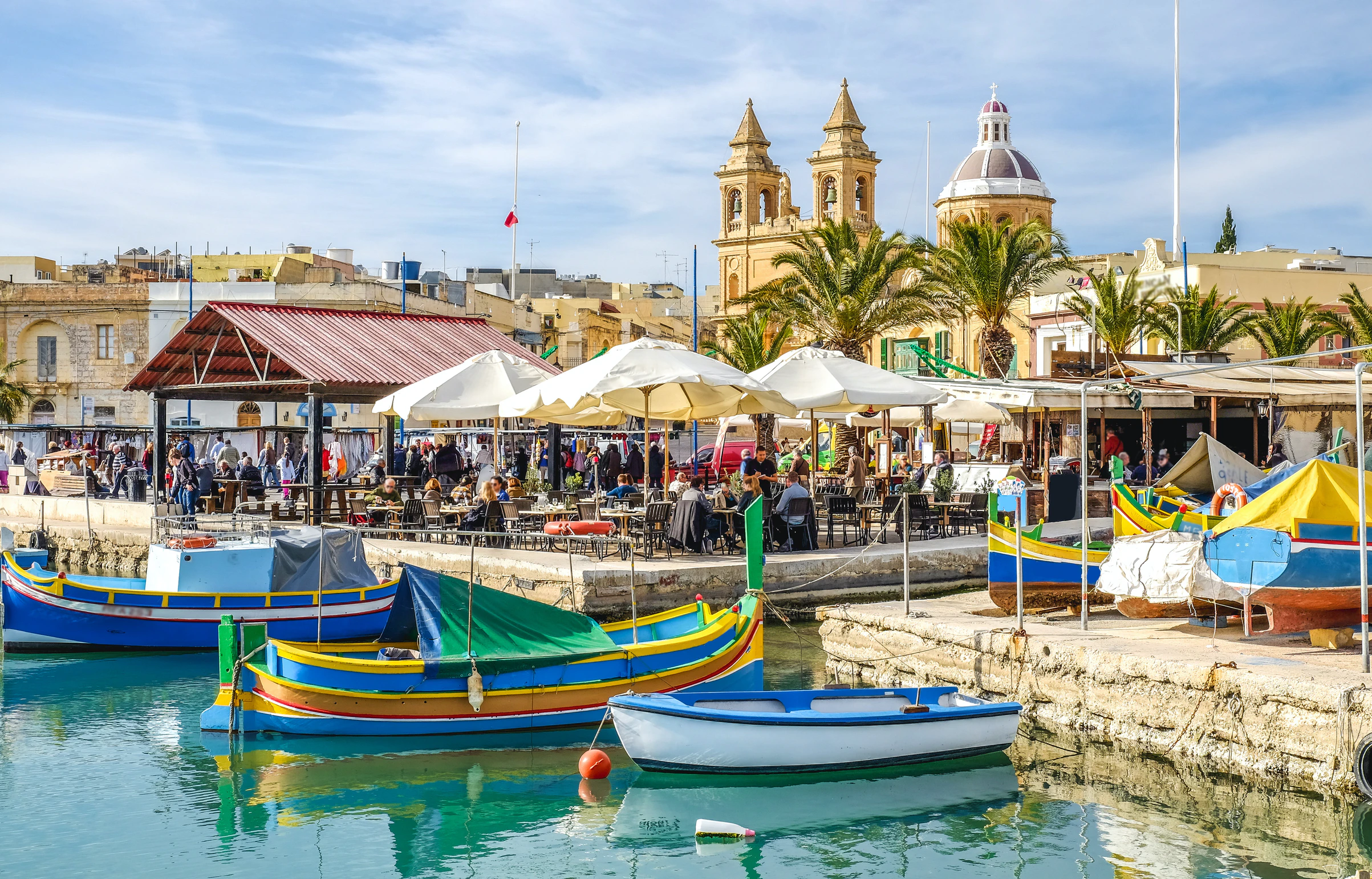Most European nations have lifted the Covid-19 restrictions. Now, thirty-one countries worldwide are free from any strict restrictions. And, they are only exercising the standard safety rules.
Europe Travel &Tourism is slowly moving towards the pre-pandemic mode. And, most countries have relaxed their imposed Covid-19 rules. But, few countries are still maintaining the restrictions.
First, we should look at countries with no restrictions on traveling around Europe. After that our discussable topic will be on countries of Europe with restrictions.
Countries In Europe Without Travel Restrictions
As per the WHO’s report, at present, 31 countries are free from Covid-19 restrictions. They are:
- Albania
- Austria
- Belgium
- Bulgaria
- Croatia
- Cyprus
- The Czech Republic
- Denmark
- Estonia
- Finland
- Germany
- Greece
- Hungary
- Iceland
- Ireland
- Italy
- Kosovo
- Latvia
- Liechtenstein
- Lithuania
- Moldova
- Montenegro
- North Macedonia
- Norway
- Poland
- Romania
- Serbia
- Slovenia
- Sweden
- Switzerland
- The U.K.
Countries In Europe With Travel Restrictions
France
 The current update announced by the French government is to land a restriction scheme for entering the country. It compels travelers to show proof of last vaccination, recovery report, and negative test report. It presumes that the restriction would probably continue until March 2023. Moreover, this scheme is effective only for those who are above 12. Long with that, the government posses that overseas territories like; Corsica has to obey the Covis-19 rules.
The current update announced by the French government is to land a restriction scheme for entering the country. It compels travelers to show proof of last vaccination, recovery report, and negative test report. It presumes that the restriction would probably continue until March 2023. Moreover, this scheme is effective only for those who are above 12. Long with that, the government posses that overseas territories like; Corsica has to obey the Covis-19 rules.
The same scenario anticipates the extension of screening tests and execution of SI-DEP computer scanning results. And, these are for contact cases and infected visitors. Currently, France’s governing body classifies countries in two colors, orange, and green. And, these colors denote different entry rules for visitors concerning the category.
Moreover, the green list includes all EU countries such as; the United Kingdom, the United States, and others belonging to the EU continent. At the same time, travelers subject to the orange list have to show a sworn document stating the absence of positive Covid-19 symptoms along.
Spain
 Travelers from other continents or regions must provide a full vaccination certificate. And, a negative test report through rapid antigen test or PCR and proof of recovery is also needed to submit. Also, they can also arrive at the border providing EU Digital Covid Certificate or similar documents.
Travelers from other continents or regions must provide a full vaccination certificate. And, a negative test report through rapid antigen test or PCR and proof of recovery is also needed to submit. Also, they can also arrive at the border providing EU Digital Covid Certificate or similar documents.
Alongside, those who do not have EU Digital Covid Certificate have to enter mandatory information in the SPTH Health Control Form through the internet. And, this entry generates a QR code and a valid gate pass to enter Spain. But, these rules are not applicable for 12 or below it.
Another fact is that every visitor should remember that they cannot provide proof of final dose vaccination, which has already crossed 270 days. Also, only travelers under 18 are allowed with this proof. Besides this, the Spain government has decided that the wearing of face masks should remain obligatory in public places.
Netherland
 Travelers from the EU no need to obey any restrictions further. But, visitors from outside of the EU need to pay attention to rules with a strict format. Even visitors from the Schengen area face issues due to the entry ban. But, if they have proper documents of complete vaccination, negative test result, or recovery stage, they can enter the country.
Travelers from the EU no need to obey any restrictions further. But, visitors from outside of the EU need to pay attention to rules with a strict format. Even visitors from the Schengen area face issues due to the entry ban. But, if they have proper documents of complete vaccination, negative test result, or recovery stage, they can enter the country.
And, if travelers are arriving from one of the listed safe countries, they do not need to heed the rules.
Portugal
 Travelers above 12 have to show an authentic ‘EU Digital COVID Certificate’ (EUDCC) when entering the country by sea or by air. And, they need to provide a full vaccination certificate with 14-270 days validity. If it exceeds the mentioned period, the administration will not allow visitors to cross the border. So, they can only travel when they have proof of booster dose. But, those younger than 18 can continue with primary vaccination certificates until the next dose.
Travelers above 12 have to show an authentic ‘EU Digital COVID Certificate’ (EUDCC) when entering the country by sea or by air. And, they need to provide a full vaccination certificate with 14-270 days validity. If it exceeds the mentioned period, the administration will not allow visitors to cross the border. So, they can only travel when they have proof of booster dose. But, those younger than 18 can continue with primary vaccination certificates until the next dose.
Additionally, Portugal’s government also restricts the validity of recovery proof between 11 to 180 days after the positive test report. Even they ask visitors to provide a PCR report with 72 hours of validity and a Rapid Antigen Test with 24 hours of validity to check the contact cases.
Lastly, travelers who are coming to Portugal by land are exempt from these restrictions. And, they only need to obey the regulations inflicted by the transit countries.
Malta
 The Malta government has lowered the restrictions. And, visitors here only need to maintain general safety measures. And, they have to submit their full vaccination certificate. Also, if the certificate exceeds the validity period, i.e., 14-270 days, visitors will not be allowed to enter the country.
The Malta government has lowered the restrictions. And, visitors here only need to maintain general safety measures. And, they have to submit their full vaccination certificate. Also, if the certificate exceeds the validity period, i.e., 14-270 days, visitors will not be allowed to enter the country.
They must also maintain the guidelines before entering Malta by submitting two documents. That is a negative test report through PCR or Rapid Antigen Test and Recovery certificate. Rapid Antigen Test reports are only granted within 24 hours of validity. Also, the test report should follow the format of the EU digital COVID certificate.
Visitors must show all mandatory documents at the time of check-in before boarding. Moreover, those with an Australian vaccination certificate can show the same in Malta and in public places. And, the Malta government also advises wearing a face mask for precautions. Lastly, read more about travel and Europe here.


